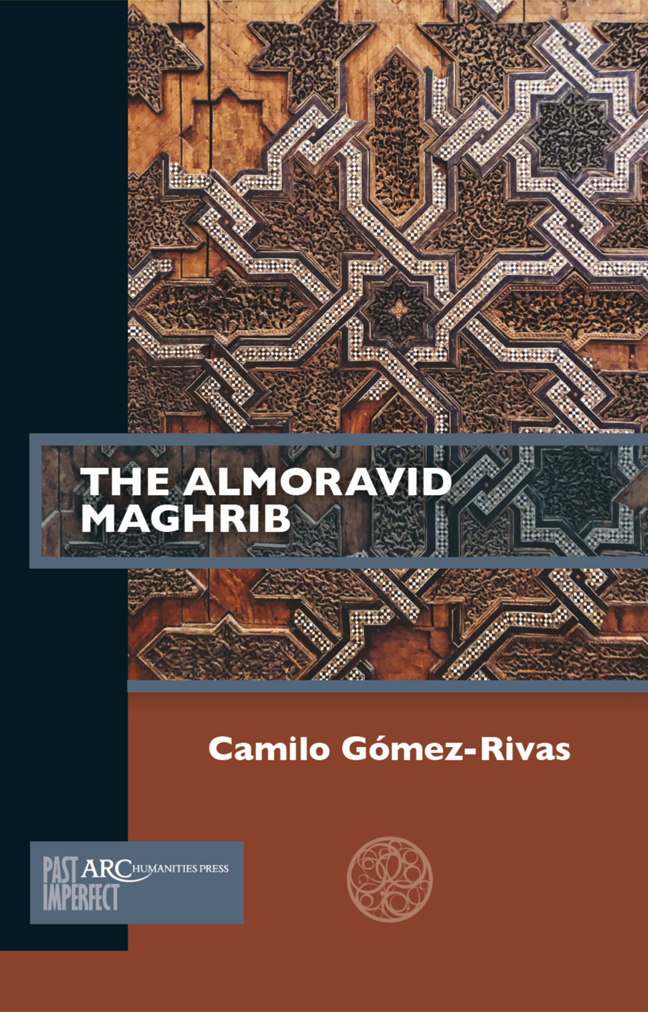Book contents
- Frontmatter
- Contents
- List of Illustrations
- Acknowledgements
- Abbreviations and Note on Language and Dates
- Principal Characters in the Narrative
- Introduction
- Chapter 1 The Preacher
- Chapter 2 The Queen and Her Kings
- Chapter 3 The Deposed
- Chapter 4 The Son
- Chapter 5 The Mahdis
- Chapter 6 The Qadi and the Rebel
- Conclusion
- Time Line
- Glossary of Key Terms
- Further Reading
Chapter 3 - The Deposed
Published online by Cambridge University Press: 20 February 2024
- Frontmatter
- Contents
- List of Illustrations
- Acknowledgements
- Abbreviations and Note on Language and Dates
- Principal Characters in the Narrative
- Introduction
- Chapter 1 The Preacher
- Chapter 2 The Queen and Her Kings
- Chapter 3 The Deposed
- Chapter 4 The Son
- Chapter 5 The Mahdis
- Chapter 6 The Qadi and the Rebel
- Conclusion
- Time Line
- Glossary of Key Terms
- Further Reading
Summary
The last Zirid ruler of Granada, ʿAbd Allah, wrote a unique first person narrative of the fall of his kingdom to Yusuf b. Tashfin. He paints a vivid picture of a complex process, contested by multiple parties and switching alliances. He portrays an Andalusi society that was deeply divided over the Almoravid conquest eliciting a wide range of responses from those who joined and championed as well as those who were deposed, co-opted, and absorbed by the new state, such as the author himself, last Zirid ruler of Granada, who would end up writing his first-person historical account from his exile in the heart of the Almoravid empire.
ʿAbd Allah’s Loss of al-Andalus
When ʿAbd Allah b. Buluggin al-Ziri (r. 456–483/1064–1090) inherited the throne of his kingdom from his grandfather, he became the fourth and final successor in the line of Zirid rulers of Granada, in southern Iberia. Initially ʿAbd Allah felt that a kind of stability had been established. But growing pressure from Alfonso VI of Castile to pay tribute and allegiance gradually undid him. Like many of his fellow Taʾifa rulers, he tried in vain to balance looming threats as they closed in. He wrote:
The position was stabilised and each of us had full enjoy-ment of his kingdom with nothing to worry about but the external danger which threatened our countries from the Christians. The peril was one to which all of us were equally exposed. Although weakness prevented us from helping one another, we used to exchange advice and views and warn one another against something which might not have been apparent to one or the other and so forth.
ʿAbd Allah’s position was that of a leader trying to hold on in the face of two overwhelming powers. The threat posed by Alfonso was felt first (compelling him to reach an accommodation). But pressure and threats from Yusuf and his armies were soon brought to bear, and from multiple directions, as it was both a direct military threat and a source of internal dissent, as Almoravid sympathizers emerged, voiced their position, and ultimately switched allegiance. This happened with high officials close to ʿAbd Allah’s court and with neighbouring rulers. The situation gradually wove itself into an untenable crisis as ʿAbd Allah tried to appease both giants. He paid off Alfonso, while putting off official demonstrations of tributary status and cooperation.
- Type
- Chapter
- Information
- The Almoravid Maghrib , pp. 45 - 64Publisher: Amsterdam University PressPrint publication year: 2023

